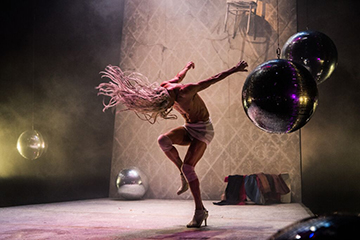Vancouver Sun | Jul 14, 2020
Queer Arts Festival
When: July 16-26, 2020
Where: Online and some public art
Tickets and info: Register for events and pay by donation at queerartsfestival.com
Like many artists these days, acclaimed dancer/choreographer Noam Gagnonhas had to take a different approach to his work as the novel coronavirus pandemic has, for the most part, put the brakes on performing in front of live audiences.
Gagnon is one of many contributors to the annual artist-run, multidisciplinary Queer Arts Festival (QAF) that runs this year from July 16 to 26. His work The Crazy Show will be filmed at The Cultch without an audience and streamed July 25 and 26 as part of the 12th annual festival.
The last time the veteran contemporary dance artist did this show was four years ago. It’s safe to say what a difference time and a pandemic make. The artist is now playing to the camera, not the crowd.
Gagnon said the challenge to reshape his work has been “difficult but welcomed” as he said it pressed him to be more efficient with his time and body.
“The show is so tight and feels very strong and direct because now it is being performed for camera,” said Gagnon, a Montreal native who has called Vancouver home for 30 years.
“There is a 2D that creates a coldness and because we don’t have the budget of TV to create this amazing editing I had to really reconceptualize the idea of the images and how this character was pushing through. I am really happy about the changes.
“It’s about the negative space and the positive space, and the timing between. You realize there is something that is transmuted between you and your audience, but it is truly a 2D experience,” added Gagnon. “It was almost like creating pictures.”
The 50-minute solo show Gagnon explains is about a boy who uses his imagination a lot.
“It is the traditional journey of the hero on some level,” said Gagnon. “It is about finding yourself. I don’t know if we advance ultimately but you find your truth.”
Gagnon is one of about 40 artists who are contributing to this year’s QAF.
“First of all I think it is a great fit for the festival because the main thing about this show, This Crazy Show, is truly about the power of imagination as a source for survival.”

Those words ring true when you look at how so many live art events have had to figure out how to keep going during these physical-distancing times.
The QAF seems to have shifted to an impressive mixture of an online and live event. A dozen performances will be recorded at The Cultch and then streamed online.
This year called Wicked, QAF is celebrating “queer traditions of scandal and excess” with visual art, performance art, theatre, music, dance and literary events. Also the usual event program has been replaced bya spanking new 60-page, art-filled hard copy ’zine.
The festival’s artistic director SD Holman says artwork instead of usual advertising has been posted in bus shelters, on billboards and community projection screens.
“There will be some surprises in public art out and about town. And there will be mail art. We’re doing some other mail art aside from the ‘zine,” said Holman.
The multidisciplinary festival’s wide reaching net offers plenty of opportunity for artists to work and for their art to connect and support those 2SLGBTQ+ people who may be isolated by the COVID-19 outbreak without much of a support system.
“From the very beginning, for me closing or shutting down was not an option,” said Holman who is also a visual artist. “Personally, I would like nothing better then shutting down and being in my backyard for a few months, but I have staff I want to take care of and artists who need work.
“What I saw right away is that artists were losing work all over the place and, because where I come from, I think art is really, really important. Art changes people and people change the world.”
While having to reconfigure and remount, work has been tough on every level possible for the long-running festival. Holman points out that out of this weird self-isolating time there have been many moments to build more connections.
“That is the plus side. That is what I talked to my staff about from the very beginning. We’re all very sad, but this is an opportunity to reach a much broader audience and go more international,” said Holman, adding she has wanted to improve the festival’s online presence for some time.
“It really opens things up,” added Holman, who has had the idea for a virtual gallery in her strategic plan for some time. “There are people who wouldn’t necessarily come because they can’t get out of their homes for whatever reasons. So now they are able to do this.”
For the artists like Gagnon this new reality has also delivered some new-world positives and even excellent PR.
“People who wouldn’t be able to come here will still be able to see the show,” said Gagnon. “I think it is brilliant that it has opened the world to my performance.
“This whole COVID (pandemic) for me is filled and filled and filled with silver linings,” added Gagnon, who does weekly online sessions with friends and colleagues around the globe.
“I feel closer to the people in my life, but also with a culture and with a community around the world. The world has become closer.”

